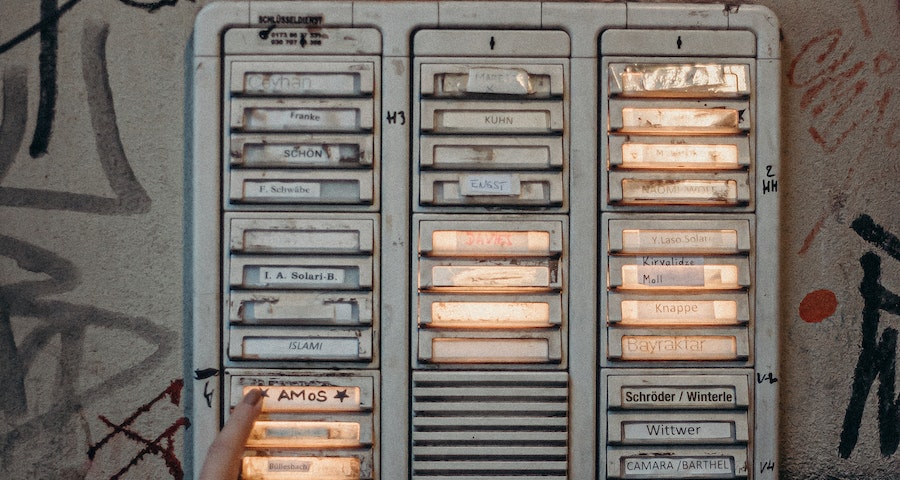
Keeping your home safe involves more than just locking the doors and windows. Electrical hazards are often hidden and can lead to fires, serious injury, or even death. Electrical safety should be a top priority for every homeowner. Whether it be through proper installation or maintaining your electrical appliances, there are several effective ways to prevent residential electrical hazards. In this article, we will discuss some essential tips to keep you and your loved ones safe.
Contents
Check Your Electrical Outlets
Electrical outlets should be inspected regularly to ensure they are in good condition and free from any damage. Look out for loose or damaged switches, cracked outlets, or any signs of overheating. If any issues are detected, have them repaired immediately. Replace outdated outlets with GFCI (ground fault circuit interrupter) outlets, which automatically cut off the power supply in the event of a circuit overload.
Use Electrical Cords Safely
Extension cords are great for temporarily extending power supply to remote locations but should be used carefully. Never overload an extension cord with too many plugged-in devices or place cords under carpets or rugs. Always store cords properly when not in use, away from high-traffic areas to prevent tripping hazards.
Proper Installation
To prevent residential electrical hazards, ensure electrical appliances and systems are properly installed. Have a licensed electrician install any new electrical systems and appliances. Don’t attempt DIY electrical tasks as this can lead to electrocution or even fire.
Learn How To Use Appliances Correctly
Be aware of how to operate electrical appliances in your home to prevent hazards. Make sure to read the manufacturer’s instructions and use the right wattage of bulbs; using a higher wattage bulb than recommended can cause overheating and fire. Keep appliances away from liquid and damp environments and ensure they are unplugged when cleaning them.
Regular Maintenance
As a homeowner, you must ensure that electrical safety is a top priority. Schedule regular electrical maintenance inspections to ensure the safety and functionality of your home’s electrical systems. Routine maintenance such as testing smoke detectors, changing air filters, and checking wiring can prevent hazards, ultimately keeping you and your loved ones safe.
Conclusion
In conclusion, electrical hazards in homes are common and can be prevented. By taking preventive measures such as checking electrical outlets, using extension cords safely, proper installation, learning how to operate appliances correctly, and conducting regular maintenance, you can eliminate the risk of electrical hazards in your home. Be proactive and keep up with regular safety checks to keep you and your family safe. Remember, electrical hazards can be fatal; always prioritize electrical safety.
